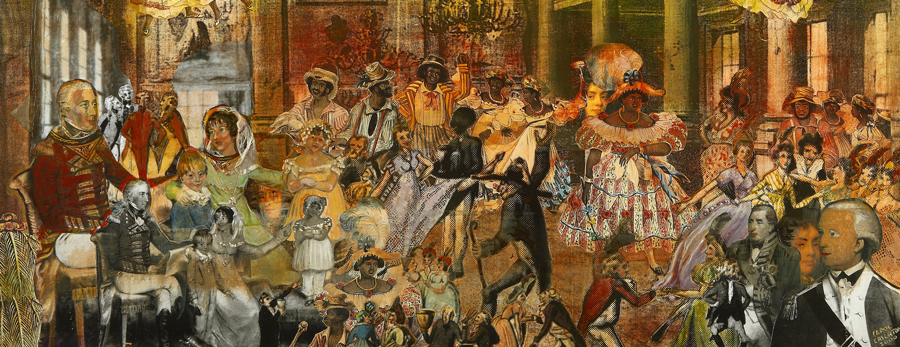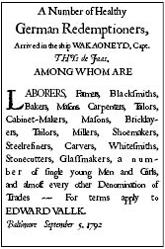

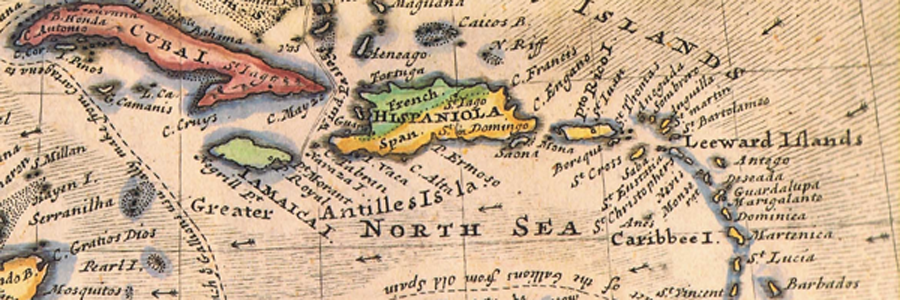
The Dreaded West Indies Posting
Soldier of the Black Watch c.1740, colorized {{PD-US}} When Malcolm McPherson joined the Black Watch in 1735, he and his fellow enlistees “thought themselves destined to serve exclusively . . . in the Highlands.”1 They had no expectation they’d do duty in...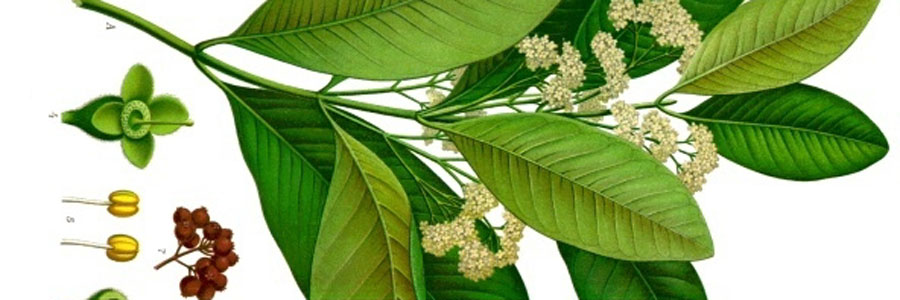
Pimento: A Spice for the Holidays
Pimento, a spice more widely known as “allspice,” is harvested from the berries of the Pimenta dioica, a W. Indian tree commonly found on Jamaica’s north coast. It’s not the Spanish red pepper, though its name is derivative of the Spanish pepper (pimiento)...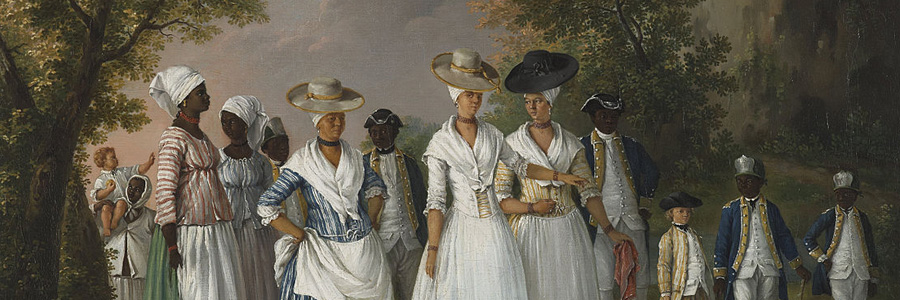
The Race to White in the 18th-Century West Indies
A perspective on the disturbing pseudoscience behind the colonial obsession with cataloging complexions and “refining” racial mixes in 18th century West Indies.
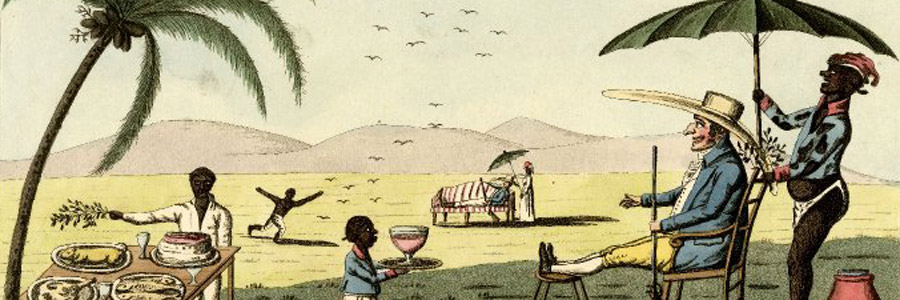
As Rich as a Creole
In eighteenth-century Jamaica, a creole was a nonindigenous person born on the island, whether of European, African, or mixed descent. Those referenced in the expression “as rich as a creole,” however, were invariably of European descent. The phrase is a variant of...